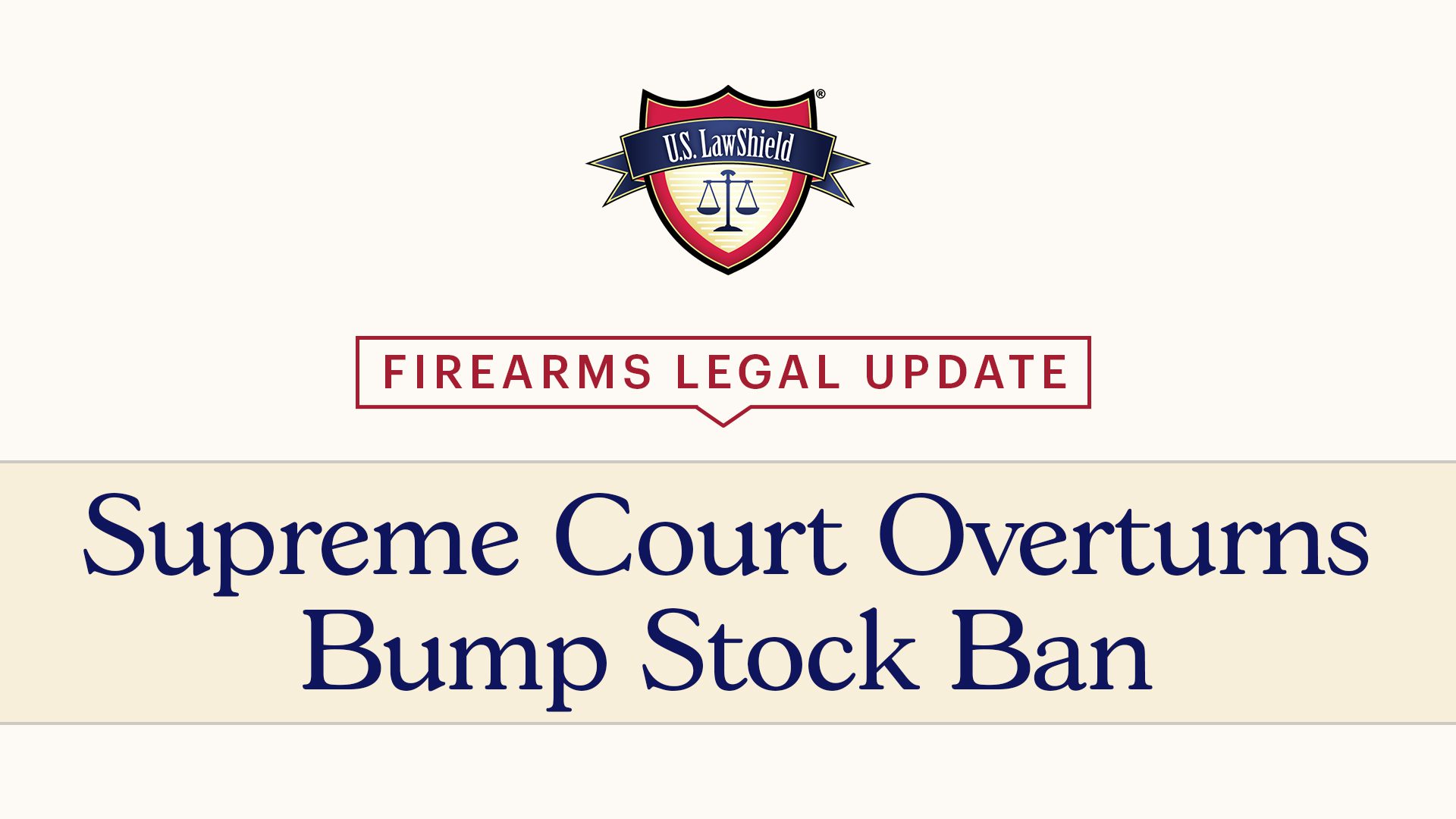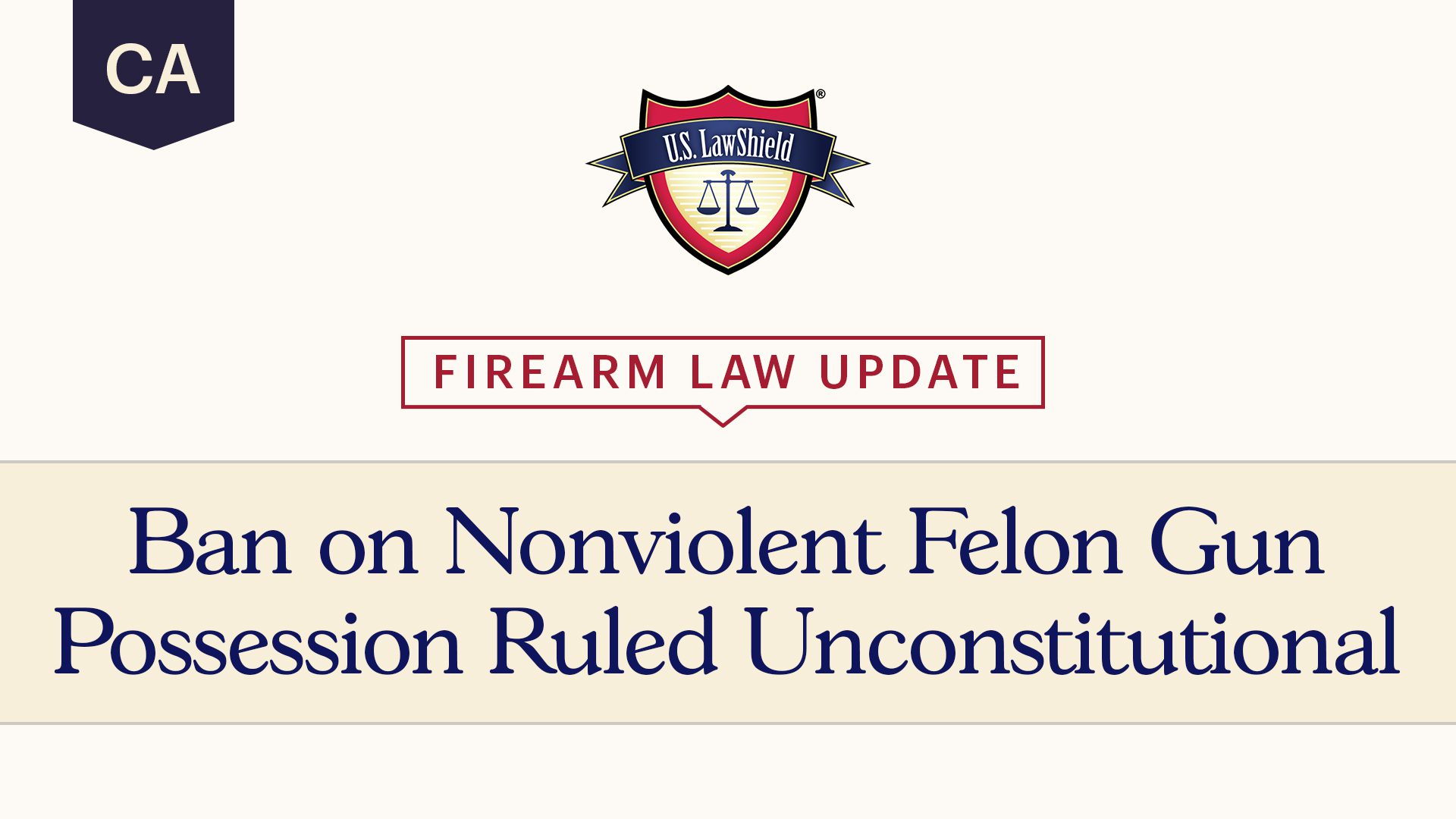Some states have Stand Your Ground law, and some don’t. Each one of them is a little idiosyncratic and they have little idiosyncrasies.
It is separate and distinct from the Castle Doctrine. The Castle Doctrine is geolocation-based, meaning in your house, around your curtilage, that general area, where Stand Your Ground applies no matter where you are in the State of Pennsylvania provided that you’re allowed to be there. Again that is in a situation where under the totality of the circumstances you have a reasonable belief of imminent fear of death, serious bodily injury, kidnapping, or sexual assault. Under Pennsylvania law, you have an additional factor called a generalized duty to retreat as long as you can do so to complete and total safety.
Stand Your Ground law alleviates or gets rid of just that last little bit—the duty to retreat. It does not, however, make justification unnecessary. You cannot, for instance, claim Stand Your Ground based on the belief you were afraid of getting punched in the arm and therefore drew your pistol and shot the aggressor. That is not Stand Your Ground, because that’s not a reasonable fear of serious bodily injury, such as death, sexual assault, or kidnapping.
The duty to retreat is removed by Stand Your Ground. You have to be in a lawful place, and you cannot be engaged in a crime or provoking the incident. You have to be in lawful possession of a firearm and you can’t be a prohibited person. The attacker must display a deadly weapon or what appears to be a deadly weapon (something that is capable of deadly force).When you make that critical choice, it has to appear reasonable in that critical incident. You’re allowed to execute lethal deadly force under those circumstances.
Some examples of where Stand Your Ground would not apply is if you’re trespassing, if you’re engaged in criminal activity, drug dealing, robbing a bank, if you’re a prohibited person, you’re even under a temporary PFA or that you are a prohibited person because of something in your past, a 302 commitment, or a mental health commitment. You can still use self-defense, but just not Stand Your Ground.





Considering the recent developments in the country in relation to these protests and riots, I was wondering if you can give me some clarification upon the stand your ground law? For instance, if I am struck from by an individual or attacked by a group, and that individual alone, or group continues to strike me, would that rise to the level of a reasonable belief that my life was in danger of serious bodily injury or death? From my perspective it would, but I was hoping that you can offer some clarification.
Would you really be thinking wether or not you’ll be prosecuted if you’re about to get your ass whooped to death? Take the threat out!
You know that old saying, the pen is mightier than the sword? Well, my dude, if you can’t use your pen to spell words, you can’t handle a weapon.